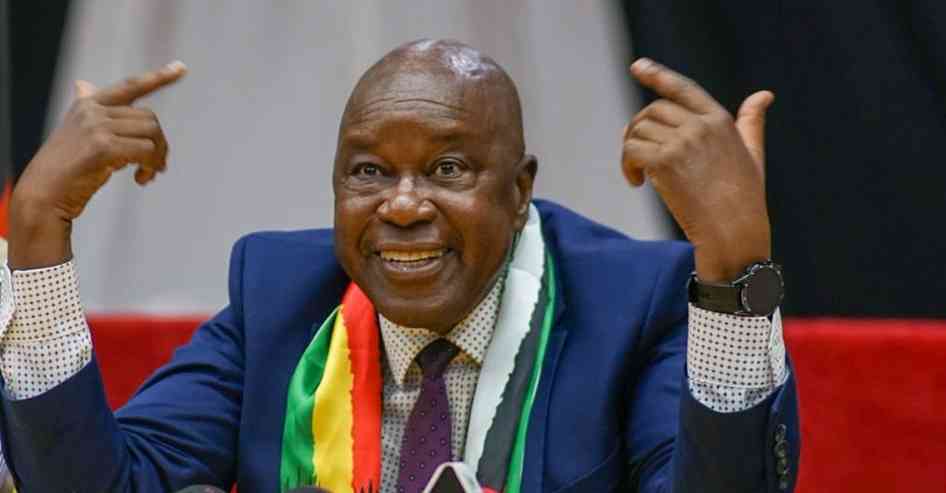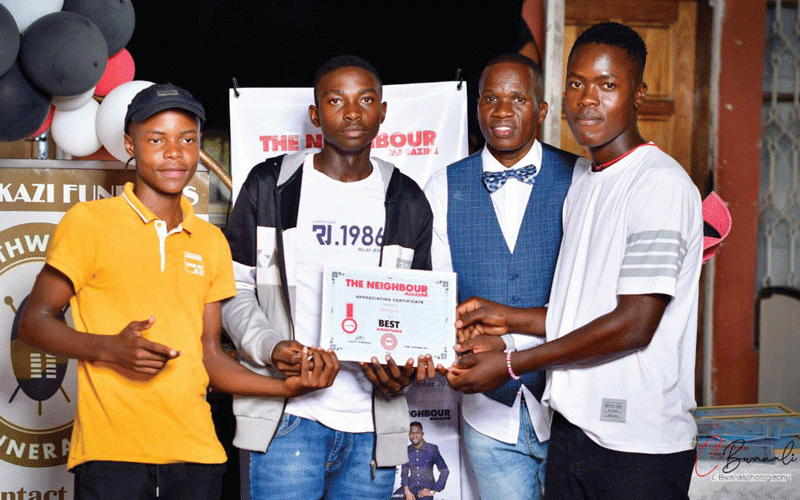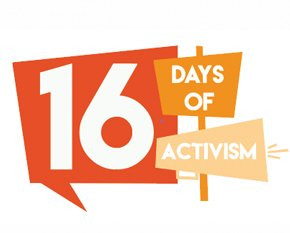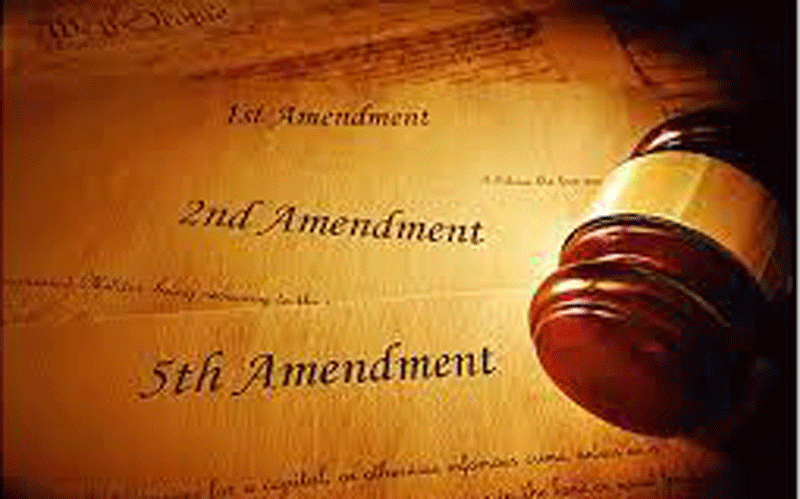
tHE run up to the 44th Sadc Heads of State and Government Summit was characterised by a litany of human rights violations, chief among them being arbitrary arrests and detention.
In a crackdown on civil society, opposition and pro-democracy voices, the police arrested at least 170 people across the country on charges relating to the freedoms of assembly, association, protest and expression.
The most common denominator in these dragnet arrests was that all of them were accused of planning to protest during the Sadc summit in Harare.
Presently, at least 124 opposition, civil society and prodemocracy activists are in pretrial detention in prisons in Harare, Mutare, Kariba, Masvingo, Gokwe and Bulawayo.
While the police have attempted to frame and fashion these arrests as legitimate prosecutions, it is apparent that this was a crackdown on dissenting voices meant to cultivate a climate of fear to thwart any attempts to exercise the right to protest during the much-hyped Sadc summit in Harare.
Both the government and the ruling Zanu PF party have conceded that this was a pre-emptive crackdown against government critics, with the President’s spokesperson George Charamba repeatedly conceding that the arrests were meant to punish “sellouts”.
On August 27, 2024, Home Affairs minister Kazembe Kazembe claimed that government had “outplayed” pro-democracy voices by incarcerating them before the Sadc summit, giving credence to the notion that the charges preferred against the incarcerated prodemocracy voices were politically motivated.
Christopher Mutsvangwa, Zanu PF spokesperson, has twice in the past week claimed that the detained activists were “mischief makers” who could now be released as the Sadc summit was now over.
- Govt reinstates passport application fee
- Govt reinstates passport application fee
- Zesa losing $1.4 billion to crooks
- Govt reinstates passport application fee
Keep Reading
Judging from these utterances and more from government and ruling party officials, the dragnet arrests that happened in the run-up to the Sadc summit were politically-motivated persecution through prosecution.
Right to bail
At least 130 pro-democracy activists who were arrested ahead of the Sadc summit were denied bail by the magistrates courts across the country and 124 are still in pretrial detention, with the 76 Citizens Coalition for Change (CCC) members, including interim leader and Senator Jameson Timba, passing the 70-day mark in prison on August 25, 2024.
Section 50(6) of the Constitution of Zimbabwe provides for the right of arrested persons to be released on bail pending trial.
Accused persons can be released unconditionally or on reasonable conditions that ensure that they will attend trial, will not interfere with witnesses and evidence and do not commit further offences before the trial commences.
Article 9(3) of the International Covenant on Civil and Political Rights grants accused persons the right to be released on guarantees to appear for trial.
The United Nations General Assembly, through its body of Principles for the Protection of All Persons under Any Form of Detention or Imprisonment (Resolution A/RES/43/173 of 9 December 1988), succinctly stated in Principle 38 that “a person detained on a criminal charge shall be entitled to trial within a reasonable time or to release pending trial”.
Human rights violations in detention
Even as they suffer prolonged pretrial incarceration, the prodemocracy activists continue to have their rights violated.
In Bulawayo, councillor Bruce Moyo had his relatives denied access to him despite section 50(5c) granting him the right to receive visitors in prison.
Amalgamated Rural Teachers Union of Zimbabwe secretary-general Robson Chere, who was ejected from a Victoria Falls-bound plane at Robert Gabriel Mugabe International Airport together with Samuel Gwenzi, Namatai Kwekweza and Vusimuzi Moyo, held incommunicado for eight hours, severely tortured and later arrested on charges of disorderly conduct, was repeatedly denied access medical attention his injuries desperately required.
This was in direct violation of a court order by the magistrate and the clear right to see a medical practitioner of his choice as enshrined in section 50(5(v)) of the Constitution.
Serving a sentence through pretrial detention
The prolonged detention of prodemocracy voices has been a visible feature and consistent tactic in punishing government critics in Zimbabwe.
Several political prisoners have been in pretrial custody longer than the sentences they would have served if convicted of the offence.
Former opposition legislator Job Sikhala is the most recent example, having spent 595 days in pretrial detention only to be fined and get a suspended sentence.
Timba and the 75 CCC supporters have been in prison for more than 70 days for disorderly conduct charges that could attract a fine in terms of section 41 of the Criminal Law (Codification and Reform) Act.
In many instances, bail hearings and trials of the detained activists are suspiciously delayed and postponed in what looks like deliberate attempts to prolong their detention.
A call for solidarity
The pro-democracy activists, opposition supporters and civil society activists inside prison are political prisoners whose persecution and detention must be condemned by all well-meaning Zimbabweans.
The government of Zimbabwe, which has admitted to be detaining them for political reasons, must release all political prisoners and end the crackdown on dissenting voices.
The prevailing climate of fear is inimical to positive peace, stability and national cohesion.
All progressive voices must unite in calling for an end to human rights violations and the release of political prisoners.











